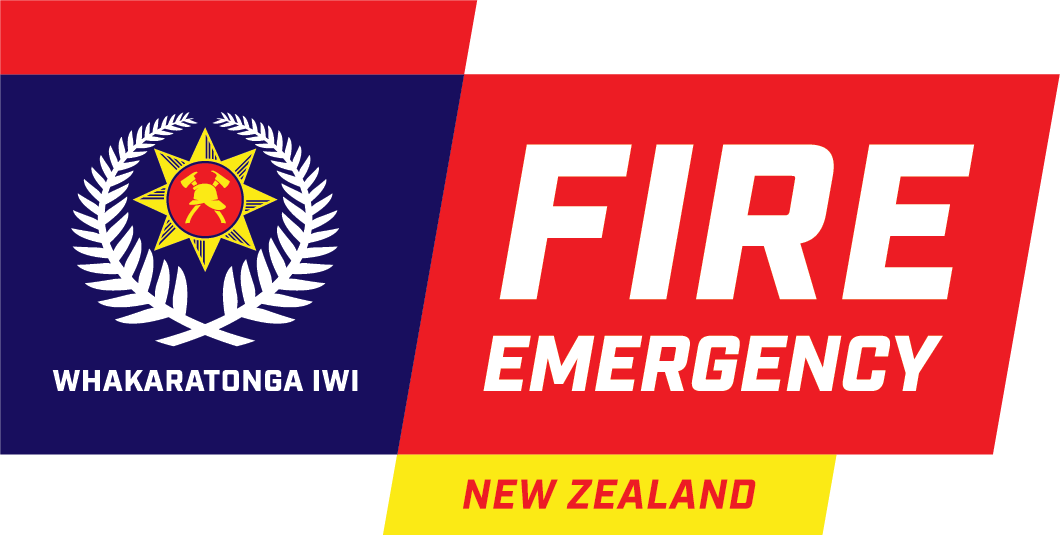Fire and Emergency Disability Network
Welcome to the Fire and Emergency's Disability Network! Thanks for stopping by.
Disability affects almost everyone. Consider the following:
- You may be one of the 1.2 million New Zealanders (one in four people) that has a disability (Stats NZ, 2013).
- You may know someone who has a disability.
- You may have experienced a temporary disability for a period of time (a moonboot following an accident or perhaps you’ve been temporarily disabled during the course of your duties in FENZ).
- You may become sick, (perhaps terminally).
- With age will come a decline in your cognitive, physical or sensory abilities.
Disability also spans every age, gender, sex, race and social background. Even if every social and/or political barrier was somehow removed for disabled people, disabled people are still intrinsically disadvantaged by the very nature of their impairment.
Our Disability Network
Fire and Emergency's Disability Network has two broad overarching focal points - how the organisation can better:
- serve the 1.2 million people in our communities who live with a disability by improving the Fire and Emergency outcomes for them, and
- serve and support people within our organisation who may live with a disability to enable them to continue their mahi through reasonable accommodations and support.
If you’d like to be involved, learn about our network or join our network, then please feel free to get in touch by emailing: disabilitynetwork@fireandemergency.nz
New Zealand has adopted the social model and understanding of disability.
This is the same model that is embodied under the United States Convention on the Rights of Persons with Disabilities 2006, for which New Zealand is a signed and ratified member. Under this model, disability is defined as “those who have long-term physical, mental, intellectual or sensory impairments which in interaction with various barriers may hinder their full and effective participation in society on an equal basis with others”.
Another way to say this, is that what people ‘have’ are impairments – physical, sensory, mental or intellectual – but what people experience is disability when barriers obstruct their full participation in society.
Consider the following real-world example: a person may be quadriplegic (their impairment) and use a wheelchair to go about their day. This wheelchair does not “bind or bound” them but in fact frees them to access the world. They approach a building wishing to enter it with no ramps available and no other way to enter this building – they are now disabled by the lack of access to this building.
The Fire and Emergency New Zealand Act 2017 gives us a clear directive under Section 10 (Principal Objectives) to ensure we are reducing risk to life and property.
Fire and Emergency New Zealand periodically commissions universities to undertake research into who is dying or becoming injured in fires and why. A report commissioned by the University of Otago in 2018, shows that individuals with disabilities and health conditions are at increased risk of injury and death in fires.
You can read that report here.
Our network members are currently working out what we can do to help mitigate this growing problem, including how we can best support and advise people in FENZ who work with disabled people within their communities.
Please watch this space, with some guidance around this expected in the first quarter of 2024.
With 1 in 4 New Zealanders being affected by disability, it's likely there is a large number of FENZ personnel that have a disability (even if this isn't disclosed). Some disabilities are not visible.
Disabled people are less likely to be employed than the general population or other minorities. Employment for disabled people is often limited by opportunity and people's attitudes rather than disability. Many highly capable New Zealanders could be part of the workforce if barriers to their employment were removed.
An employer has to take reasonable measures, ie provide services and facilities where this is reasonable, to meet an employee’s needs under the Human Rights Act 1993. This can also be described as making reasonable accommodation. If you feel that FENZ or your manager is not providing you with reasonable accommodations (equipment, flexible working arrangements etc) to be able to do your job then the following links may help you:
Last modified:
